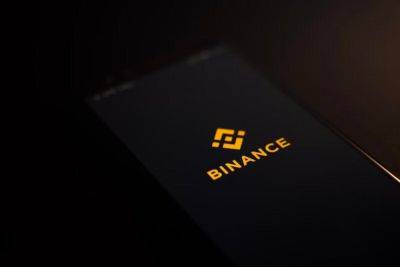We need to fundamentally change how smart contracts operate
Smart contracts have reshaped the possibilities of what blockchain and crypto can achieve, and we can all acknowledge that. That doesn’t mean they’re the be-all-end-all solution to widespread adoption.
Being overzealous about any kind of innovation can also contribute to its stalling, or even failure if other factors don’t align. The mentality of assuming new technology is perfect and wondering why everyone hasn’t caught up to its genius is outdated. Not only does it create an adversarial relationship when inevitabilities, such as regulation, arise, but it also diminishes the motivation to improve on new applications to maximize their value.
Smart contracts and companies building their products around their implementation are now nearing this impasse. So, what can be done to close these gaps and potentially set the stage for an alternative?
Mainstream smart contract adoption is already kneecapped by a lack of Bitcoin (BTC) support. Sure, the Ethereum network has become an industry heavyweight that hosts many of the world’s blockchain applications, but Bitcoin is still seen as being in a league of its own by practically every metric. And as BlackRock, the top dog of traditional institutions, looks to break the Securities and Exchange Commission’s Bitcoin exchange-traded fund (ETF) glass ceiling, that glaring gap will only become more apparent as others follow suit.
Related: Don’t be naive — BlackRock’s ETF won’t be bullish for Bitcoin
We can’t ignore ETF filings or recent developments in Bitcoin-driven finance, so saying smart contract aversion stalls Bitcoin’s interoperable potential or decentralized app integration is short-sighted.
The other elephant in the room is fiat. Hundreds of projects are working to make
Read more on cointelegraph.com






















